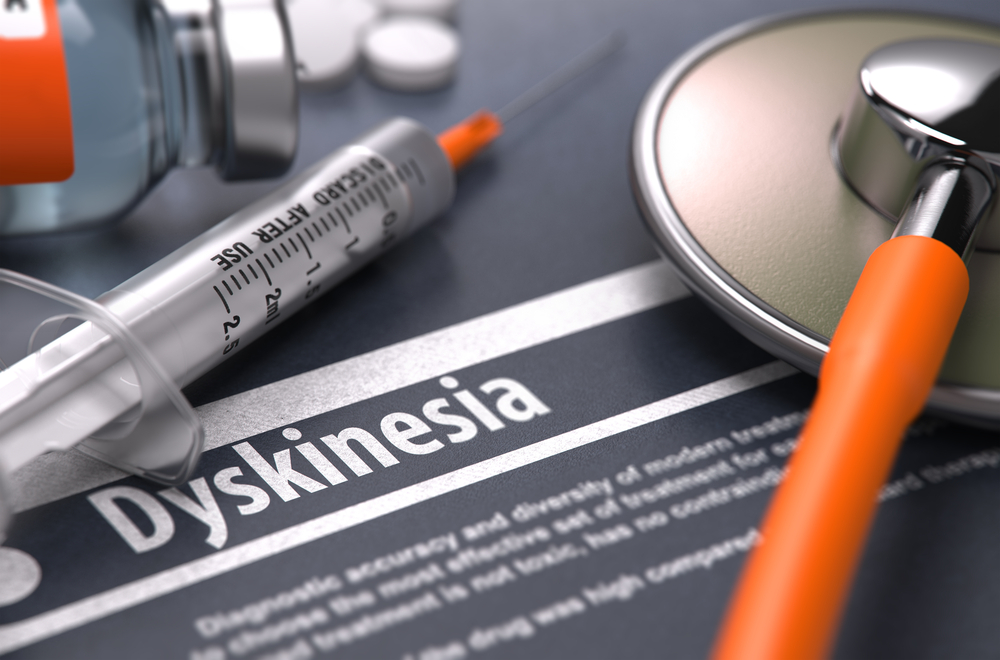Symptoms of tardive dyskinesia that you should know
Neurological disorders usually cause a lot of problems among people. Even though they can be cured, it usually takes a long time, and the treatments can also be expensive. A common neurological disorder is tardive dyskinesia. It primarily affects the nervous system and is usually caused by the long-term use of certain psychiatric treatments. Individuals should know the symptoms of tardive dyskinesia so that they can approach the doctor as quickly as possible.
- Rapid movements
Certain parts of the body like arms and legs could move rapidly. - Facial features
The facial features could be disfigured. Mouth and eyes are usually disfigured among patients going through this problem.

The patients could experience difficulty in speaking.
Swallowing food could be a problem and this is one of the common symptoms among patients suffering from tardive dyskinesia.
There could be a problem of rapid blinking of eyes among patients of tardive dyskinesia.
The patients could also experience a problem in breathing and hence, it requires quick attention.
The patients suffering from the problem experience difficulty in speaking too.
They could also experience movements in the mouth such as frowning, lip smacking, tongue sticking out, puckering etc.
With the help of certain laboratory tests and imaging, tardive dyskinesia can be identified. Even though the treatment can help to a certain extent, it is essential to know that the condition cannot be cured. The condition could be chronic. It could last for many years or could also be for lifelong.
Apart from regular treatments, certain vitamins such as Vitamin E or vitamin B6 may help resolve the problem. However, it is important to consult a doctor first.
The patients suffering from tardive dyskinesia can also consume the extract of the roots of Withania somnifera, which is commonly known as Ashwagandha. This will help to a certain extent and is known to be one of the natural cures for the problem and the ancient Ayurveda strongly believes in it. The patients can also do some simple exercises such as stretching and bending that will help them feel better and this also helps in improving their self-confidence.

